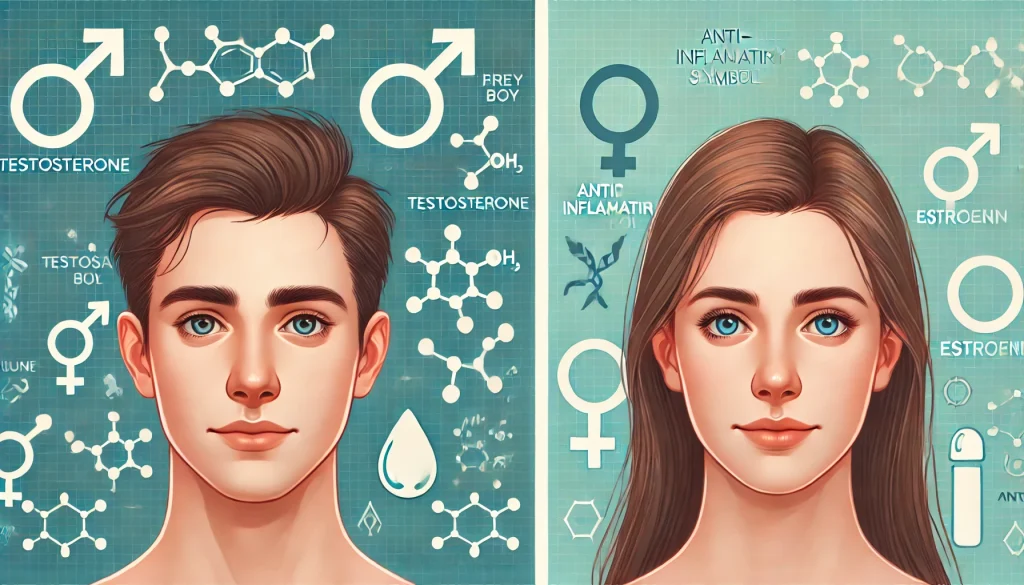This week we are talking about Tic Disorders and Puberty



Tics and Puberty: Busting the Myth of Hormonal Havoc
Ah, puberty. The time of raging hormones, growth spurts, and attitude adjustments. As if navigating this awkward phase wasn’t hard enough, you might’ve heard the rumor that tics get worse during puberty. But hold up, folks – it’s time to bust that myth wide open!
The Testosterone Twist
Let’s talk about the boys first. You might be surprised to learn that higher testosterone levels are actually associated with reduced tic severity. In short, testosterone could be helping, not hurting!
A recent study found that boys with tic disorders who had higher testosterone levels tended to have less severe tics. So, if your teenage son’s tics seem to be calming down, you might just have his manly hormones to thank.
The Estrogen Effect
But what about the girls? While there’s less research on the impact of estrogen on tics, we do know that both estrogen and testosterone have some pretty impressive anti-inflammatory powers.
These hormones can:
- Block the production of pro-inflammatory molecules
-
- Promote the production of anti-inflammatory molecules
- Alter the function of immune cells involved in inflammation
So, in theory, the influx of estrogen during puberty could actually help dampen inflammation and keep tics in check.
The Stress Factor
Okay, so if hormones aren’t the problem, what’s the deal with the puberty-tic connection? Two words: stress and anxiety.
Puberty is a minefield of stressors – from the physical changes to the social pressures to the emotional rollercoaster. And guess what? Stress and anxiety are known tic triggers.
So, if you’re noticing an uptick in tics during your child’s pubescent years, it might have more to do with the stress of growing up than the hormones themselves.
The Medication Conundrum
Another factor to consider? Medications. If your child is on a tic medication that works by blocking dopamine, it might be less effective during puberty when the brain is pumping out more of this neurotransmitter.
Plus, if you’re not addressing the underlying root causes of the tics (more on that in a sec), you might find yourself needing higher and higher doses just to keep the symptoms in check.
The Toxic Burden
Speaking of root causes, let’s talk about toxins. No, not the kind you find in a chemistry lab – the kind that can accumulate in your child’s body over time.
We’re exposed to toxins every day – from the air we breathe to the food we eat to the products we use. But here’s the kicker: our bodies can create their own toxins too! Things like parasites, fungal overgrowth, and leaky gut can all contribute to the toxic load.
And when that toxic burden gets too high? You guessed it – inflammation, immune dysregulation, and tic flare-ups.
The Bottom Line
Puberty itself isn’t the tic trigger we’ve been led to believe. In fact, the hormonal changes of puberty might even help reduce tics in some cases!
But if you are noticing an increase in tics during this time, it’s crucial to look beyond the hormones and investigate what’s really going on under the hood.
Is your child stressed out? Are there underlying infections or toxins at play? Is their gut-brain connection out of whack?
The key is to work with a practitioner who can help you identify and address these root causes – not just slap a bandaid on the symptoms. Because at the end of the day, knowledge is power. And when you have the data to guide your decisions, you can create a personalized plan to help your child thrive – puberty and all.

